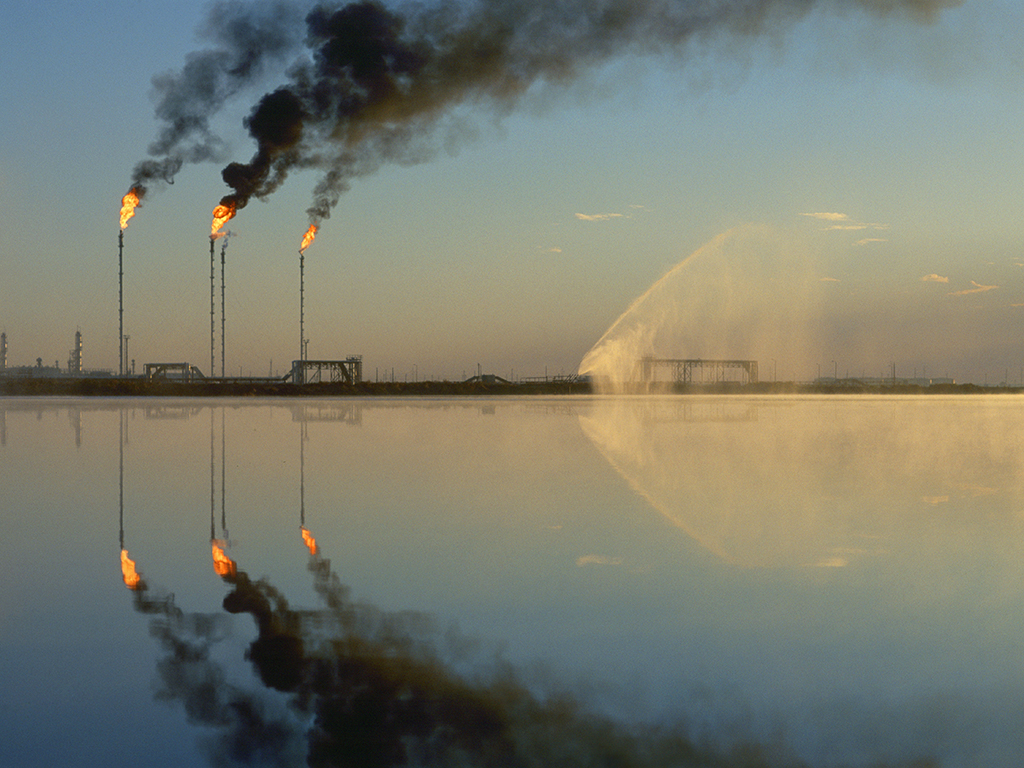
Fears of a looming recession have reversed the surge in oil prices triggered by Russia’s invasion of Ukraine, with Brent crude falling to $94.50 a barrel today (15 July), according to the market data provider Refinitiv.
Oil prices closed at $96.84 on 23 February, the day before the invasion, then rose to about $127 once the United States and other Western countries imposed sanctions on Russian oil exports.
The surge in oil and gas prices that followed the invasion has caused energy bills in the UK to rise dramatically. However, today's fall in oil prices in the UK (and wholesale gas have fallen as well) will not immediately translate into lower energy costs for consumers. The price cap for household energy is set by the regulator, Ofgem, based on wholesale prices in the preceding months. It is next due to be recalculated in October, and last week the energy analyst Cornwall Insight predicted it would be raised to £3,244 a year. In January it would be raised to £3,363 a year, they said.
Campaigners are calling for the government to set out more ambitious plans to address the cost-of-living crisis, which has been driven by the steep increase in energy bills. “Based on current estimates, well in excess of a third of all homes will be in fuel poverty this winter, yet the candidates to be our next prime minister are ignoring the single most pressing issue facing families across the country,” a spokesperson for the End Fuel Poverty Coalition a. “Unless leadership candidates promise bold and decisive action, the next prime minister’s first act as leader will be to preside over the worst winter for millions of people in living memory.”
[See also: Why the UK is in a race to outrun persistent inflation]






